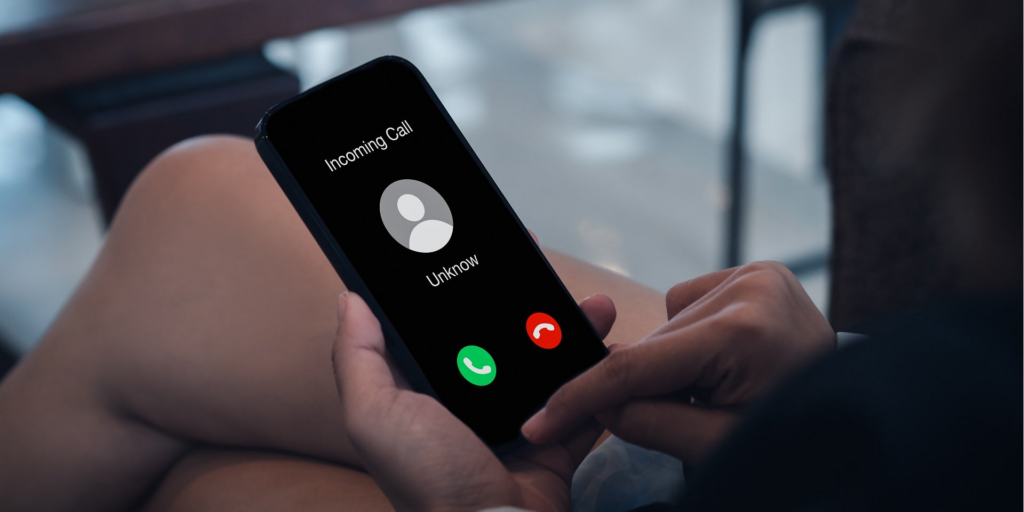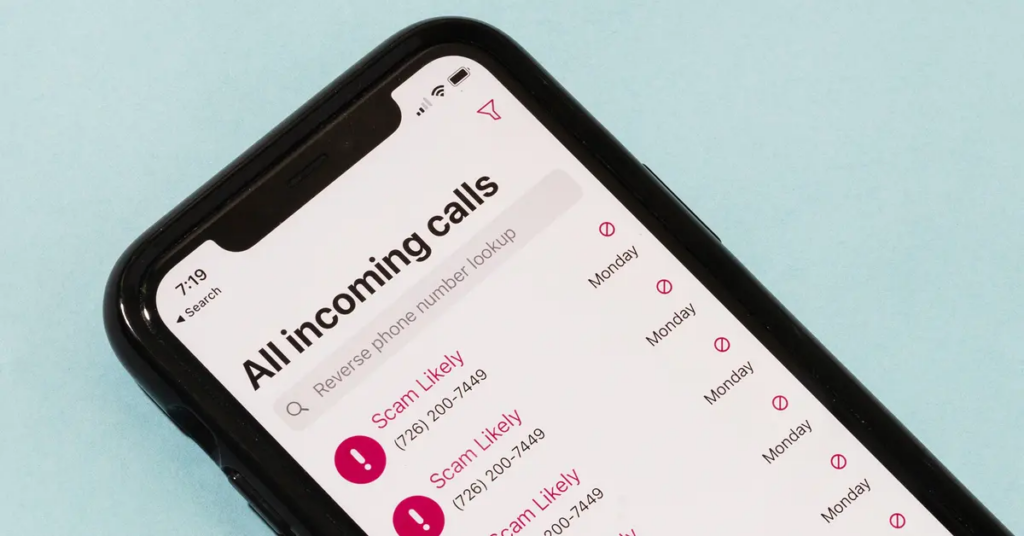In today’s digital age, unsolicited robocalls have become a significant nuisance for many consumers. Particularly troubling are wrong-number robocalls, where individuals receive automated calls intended for someone else. Such practices not only invade privacy but also violate federal laws, notably the Telephone Consumer Protection Act (TCPA). Understanding these violations is crucial, especially for those who might be eligible for claims in related class action settlements.
Understanding the Telephone Consumer Protection Act (TCPA)
Enacted in 1991, the TCPA was designed to protect consumers from unsolicited telemarketing calls and messages. The act restricts the use of automatic telephone dialing systems (ATDS) and prerecorded voice messages, making it illegal for companies to contact individuals without prior express consent. Violations of the TCPA can result in penalties ranging from $500 to $1,500 per unauthorized call or message.
The Issue of Wrong-Number Robocalls
Wrong-number robocalls occur when companies use autodialers to contact individuals, but the numbers dialed are no longer assigned to the intended recipients. This often happens when phone numbers are reassigned, and the new owners receive calls meant for the previous holders. Such calls are not only intrusive but also illegal under the TCPA, as the companies lack the necessary consent from the current number holders.

Recent Class Action Lawsuits and Settlements
Several notable class action lawsuits have been filed against companies for alleged TCPA violations involving wrong-number robocalls:
- UnitedHealthcare Settlement: UnitedHealthcare agreed to a $3.49 million settlement to resolve claims that it made unsolicited robocalls to individuals about its Optum HouseCalls program. Eligible class members who received such calls between October 12, 2019, and February 10, 2025, can submit claims to receive compensation estimated between $50 and $125.
- Blue Cross and Blue Shield of North Carolina Settlement: In February 2025, a $1.6 million settlement was approved in a case where Blue Cross was accused of making illegal robocalls to the wrong numbers. This settlement underscores the financial repercussions companies can face for TCPA violations.
- Citizens Disability Settlement: Citizens Disability agreed to pay $320,000 to settle a class action lawsuit alleging that it placed prerecorded telephone calls to individuals without prior express written consent.

How to Determine Eligibility for Claims
If you have received unsolicited robocalls intended for someone else, you might be eligible to participate in a class action lawsuit. To determine eligibility:
- Document the Calls: Keep records of the dates, times, and content of the calls.
- Check for Existing Settlements: Research ongoing or settled class action lawsuits related to TCPA violations.
- Consult Legal Resources: Websites like Top Class Actions provide information on current investigations and settlements.
- Submit a Claim: If eligible, follow the specified procedures to submit a claim within the given deadlines.
Steps to Protect Yourself from Unwanted Robocalls
While legal avenues exist to address TCPA violations, it’s also essential to take proactive measures:
- Register with the National Do Not Call Registry: This can reduce the number of unsolicited calls you receive.
- Use Call Blocking Services: Many phone carriers offer services to block known robocall numbers.
- Be Cautious with Sharing Your Number: Limit sharing your phone number with trusted entities to reduce exposure to potential robocallers.
Conclusion
Wrong-number robocalls are more than just a minor inconvenience; they represent a violation of federal law under the TCPA. Recent class action settlements highlight the seriousness of these infractions and the potential for affected individuals to seek compensation. By staying informed and proactive, consumers can protect their rights and hold companies accountable for unsolicited communications.

